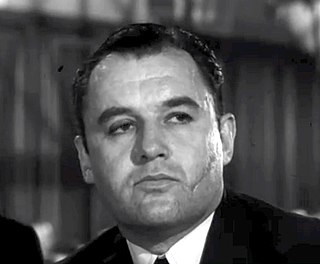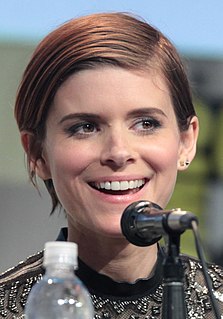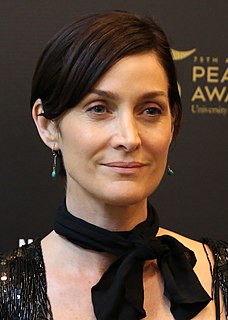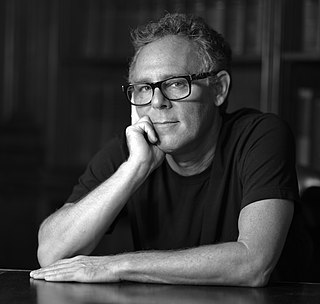A Quote by Rod Steiger
Im not so sure that younger people today really appreciate the enormous bravery that went into the creation and production of that film, or how important a film at the time it really was.
Quote Topics
Related Quotes
Not to knock the people who've given me the opportunity; I appreciate all the opportunities I've gotten, but one of the things I think I really learned from the features I got to direct is that your job as a director is everything about the movie. It's to pick a story that's really worth making, and make sure that the basic components are there. You're not just a part of the team. You're really in charge, and the responsibility falls on you if all the components aren't there for a worthwhile film.
Some people do stage and film. Some people are film actors, and some people are stage actors. I'm quite sure that any of the actors who did the original production of 'August' could have done the film of 'August.' I don't think any of them were particularly surprised when they didn't wind up doing the film.


































